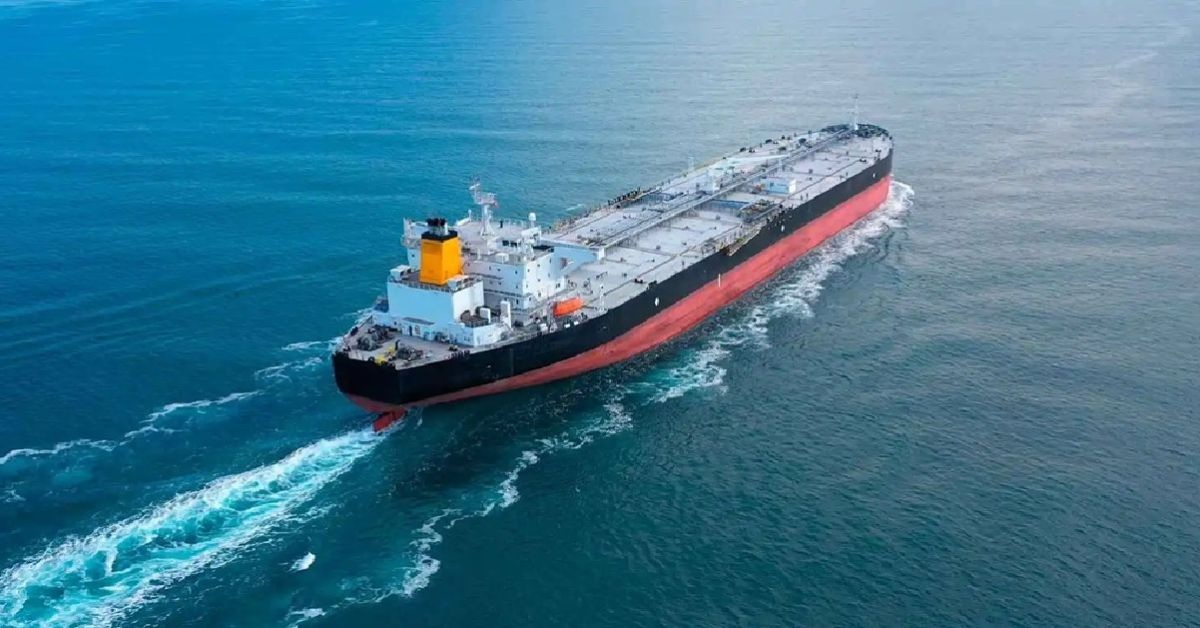India has authorized Nayara Energy, the Rosneft-backed refiner under European Union sanctions, to deploy four foreign-flagged vessels for coastal transport of fuels such as petrol and diesel.
The approval from the Directorate General of Shipping (DG Shipping) is intended to ensure uninterrupted domestic supply from Nayara’s 20-million-tonne-a-year Vadinar refinery in Gujarat, which meets about 8% of India’s fuel demand. Two ships are already in service, a third will join shortly, and the fourth is expected to begin operations in the coming days, officials said.
The clearance comes ahead of the festive season, after Nayara’s shipping operations were disrupted in July when EU sanctions prompted shipowners to halt product lifting from Vadinar over fears of secondary sanctions and withdrawal of insurance cover from European P&I clubs.
While the domestic supply chain has been restored, Nayara’s overseas trade remains at a standstill due to blocked banking channels. Dollar-denominated transactions for crude imports and fuel exports are no longer being processed, forcing the company since August to rely solely on Russian crude delivered by vessels arranged through Russian suppliers. A proposed payment route via UCO Bank collapsed after its UAE partner, Mashreq Bank, declined to handle Nayara-linked deals.
As a result, Nayara has scaled back refinery runs to reflect reduced offtake, with exports — typically 25–30% of production — effectively frozen. Unlike other refiners, the Vadinar facility is not linked to India’s pipeline grid and depends on coastal shipping to supply major consumption hubs across Maharashtra, Karnataka, Tamil Nadu, Andhra Pradesh, and Odisha.
Hindustan Petroleum Corporation Ltd (HPCL), one of Nayara’s largest domestic buyers, sources significant volumes from Vadinar to plug gaps in its own refining output. Officials said the shipping approvals would help meet a seasonal spike in fuel demand.
The EU’s 18th sanctions package, adopted in July, targeted Russian energy revenues and directly blacklisted Nayara, in which Rosneft and Kesani Enterprises each hold a 49.13% stake. The measures triggered the resignation of several European executives, including Nayara’s CEO. Both Nayara and Rosneft have denounced the sanctions as unjust and detrimental to India’s energy security.









